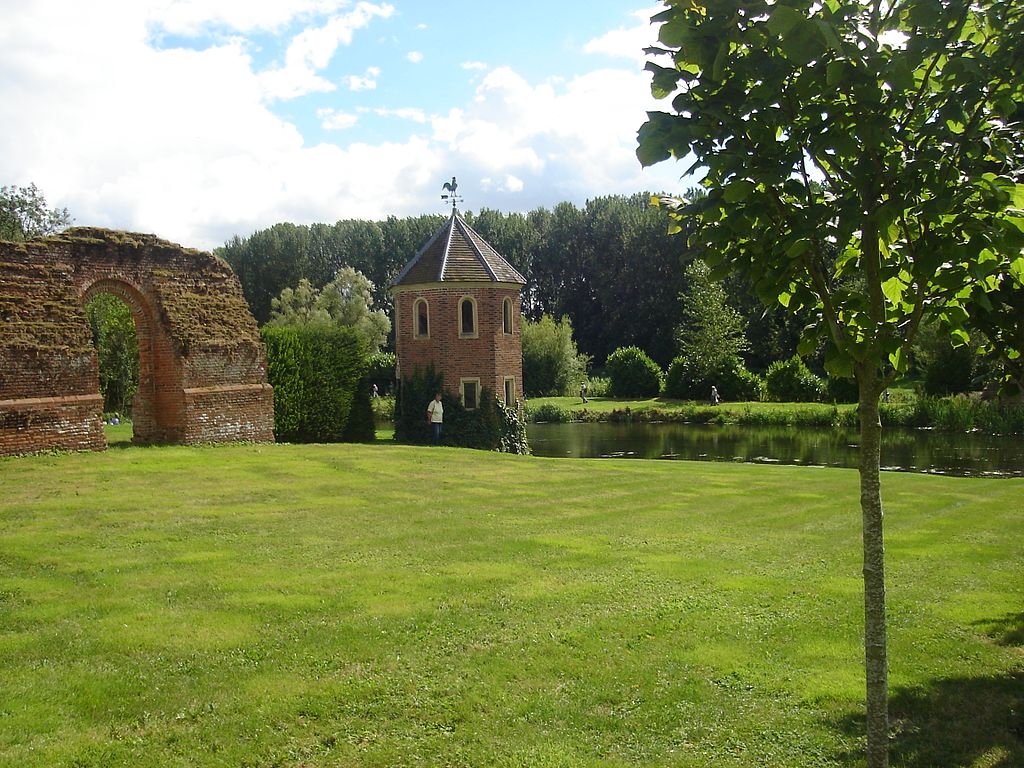Instead of absorbing it from behind glass, stately home visitors can play part in history themselves in a series of immersive performances that will snap Restoration England to life.
Rarely open to the public, Norwich’s stunning Oxnead Hall hosts the first of three interactive journeys that unlock the past through the colourful dramas of the Paston family.
Norfolk’s notorious Pastons have a rags-to-riches-to-rags story as they get lucky after the Black Death, rise from peasants to aristocrats, then lose it all to political ambition and debt.
Spanning the summer, the four participatory performances with professional actors feature song, dance and drama plus original letters the family wrote from the 15th to 17th Centuries.
“It’s all about immersive participatory theatre,” said writer and director Dr Holly Maples - a senior theatre lecturer at Brunel University London.
Much of the dialogue is authentic, lifted from letters and stories and plays from the day. There’s the funeral elegy for Robert Paston, the first Earl of Yarmouth, as spoken by his wife.
“The performance brings it to life using words, sights and smells of that period,” said Dr Maples. “The idea is to have people in the grounds where it all happened, where people spoke these words.”
Later performances include a dramatic walking tour of Medieval Norwich. The audience interacts with the actors at different locations. They’re the jury who decide who keeps the castle. They get ambushed by horse thieves, and smell the herbs used to ward off the Black Death and chemicals used to spin base metals into gold.
Researched by Dr Karen Smyth, who lectures in medieval and early modern literature at the University of East Anglia, it’s irreverently true to life. “It gets very human, with lots of gossip and fights,” said Dr Maples. “They’re very petty, fighting and brawling, saying these horrible things to each other while they’re making plague pilgrimages.”
Despite these signs of the times, there’s a lot people will relate to now, says Holly. “What is special about the letters is they revealed the everyday life of the period in ways little known. The early medieval Pastons really show the humanity inside the world of the War of the Roses.
"By the Restoration period, there’s a lot of debt culture and the family is a brand and must look a certain way. A bit like The Kardashians."

"They have depression in the family which they call ‘the curse of the Pastons’," Dr Maples notes. "They show we’re not as far away from the past as we think."
The first performances at Oxnead, on June 12 and 14, take in the 17th Century Pastons. There’s an interactive performance in July for Norfolk Day at the Norwich Castle Museum, plus performances at Mannington Hall in North Norfolk in August about the powerful women who ran the estates while their husbands fought the Wars of the Roses. There’s also a pop-up theatre event across historic spots in Norwich for the September Heritage Open Days, which will be filmed by the BBC. For more information see Facebook
Backed by The Arts Council, the shows are one strand of Paston Footprints, a Heritage Lottery Fund project by The University of East Anglia and Paston Heritage Society. Find out more about Theatre at Brunel
Reported by:
Hayley Jarvis,
Media Relations
+44 (0)1895 268176
hayley.jarvis@brunel.ac.uk